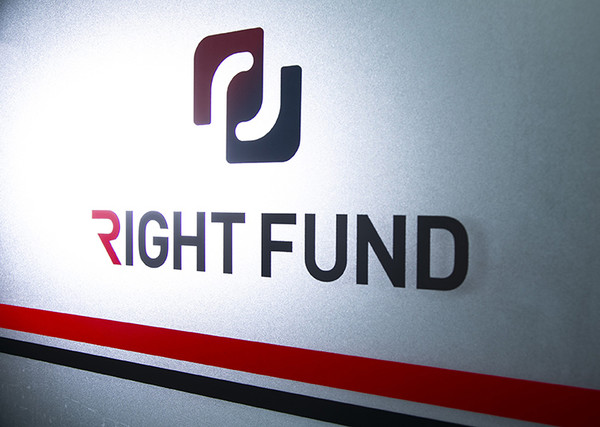The Research Investment for Global Health Technology Fund (RIGHT Fund) committed an additional 4 billion won ($3 million) to support four newly selected research projects concerning infectious diseases in the first half of 2022.

The four recipients of the additional grants are CHA Vaccine Institute, Drugs for Neglected Disease initiative (DNDi), Medicines for Malaria Venture (MMV), and the International Vaccine Institute (IVI).
The research topics include COVID-19 and cholera vaccines and therapeutics for visceral leishmaniasis (VL) and malaria.
The COVID-19 vaccine project, led by CHA Vaccine Institute in collaboration with BioLingus, a Swiss company, and Pangen Biotech, aims to develop a sublingual COVID-19 vaccine combined with a proprietary adjuvant L-pampo.
Sublingual vaccines are relatively safer and easier to deliver than injectable vaccines, and therefore can significantly contribute to a wider and more equitable access to vaccines globally.
If proven successful, this innovative platform of delivery could be applied against other infectious diseases as well.
As such, the RIGHT Fund has committed a total of 500 million won towards the project, with CHA Vaccine Institute testing the immunogenicity and efficacy assessment of sublingual vaccine, BioLingus developing the sublingual prototype, and Pangen developing the antigen.
The cholera vaccine project, led by IVI in collaboration with EuBiologics and Massachusetts General Hospital (MGH), is a continuation of one of the Fund’s previously funded project. Then led by EuBiologics, the previous project executed a successful technology transfer of a novel conjugate chemistry (an innovative approach to induce immune response against polysaccharide antigens) to develop a next-generation cholera conjugate vaccine (CCV) from MGH to EuBiologics, completing its toxicology study and filing for the Investigational New Drug application (IND) to enter the clinical development of the vaccine candidate.
IVI will lead the newly selected project and will conduct Phase 1 clinical trial with the additional funding of 2.6 billion won.
The RIGHT Fund elaborated that conjugation of polysaccharides to carrier proteins is a proven method to enhance T-dependent immune response.
Therefore, applying the novel conjugation chemistry to a cholera vaccine, if proven, can yield a cholera vaccine with higher efficacy and longer duration of protection in children within the Expanded Programme on Immunization (EPI) age range. It is though to be the first clinical candidate of a CCV in development.
For therapeutics, the RIGHT Fund has awarded 487 million won and 400 million won each to DNDi for visceral leishmaniasis research and MMV for malaria research, respectively.
The World Health Organization notes that visceral leishmaniasis, also known as “black fever,” a parasitic disease found in tropical and subtropical areas, is a neglected tropical disease (NTD) that disproportionately affects marginalized populations who have limited access to healthcare.
DNDi’s visceral leishmaniasis therapeutics project, collaborating with ST Pharm, aims to demonstrate the feasibility of a safe, more cost-effective manufacturing process for a leishmaniasis therapeutics compound which entered Phase 1 clinical trial in 2020.
Moreover, the malaria therapeutics project, led by MMV in collaboration with Kolon Life Science, will look to optimize and scale up new routes of synthesis for antimalarial compound as a candidate for a single-exposure radical cure (SERC) to reduce the production cost and deliver drug substance at an affordable price.
While the currently available malaria medicines are effective, they possess critical limitations such as poor adherence to multiple doses that impede comprehensively curing and treating parasite resistance.
Due to the absence of currently approved SERC therapy, MMV’s project can potentially deliver a significant impact in reducing the treatment duration, improving adherence and clinical outcome, especially for children under five and pregnant women.
The RIGHT Fund, jointly founded by the Ministry of Health and Welfare, the Bill & Melinda Gates Foundation, and Korean life science industry partners in 2018, supports the research and development of essential health technologies, such as vaccines, therapeutics, and diagnostic platforms necessary in responding to new and endemic infectious diseases in Low- and Middle-Income Countries (LMICs).
Since its launch, the RIGHT Fund has selected and funded 42 various R&D projects through public requests for proposals and committed to funding 47.7 billion won, partnering with over 50 domestic and international partners.

